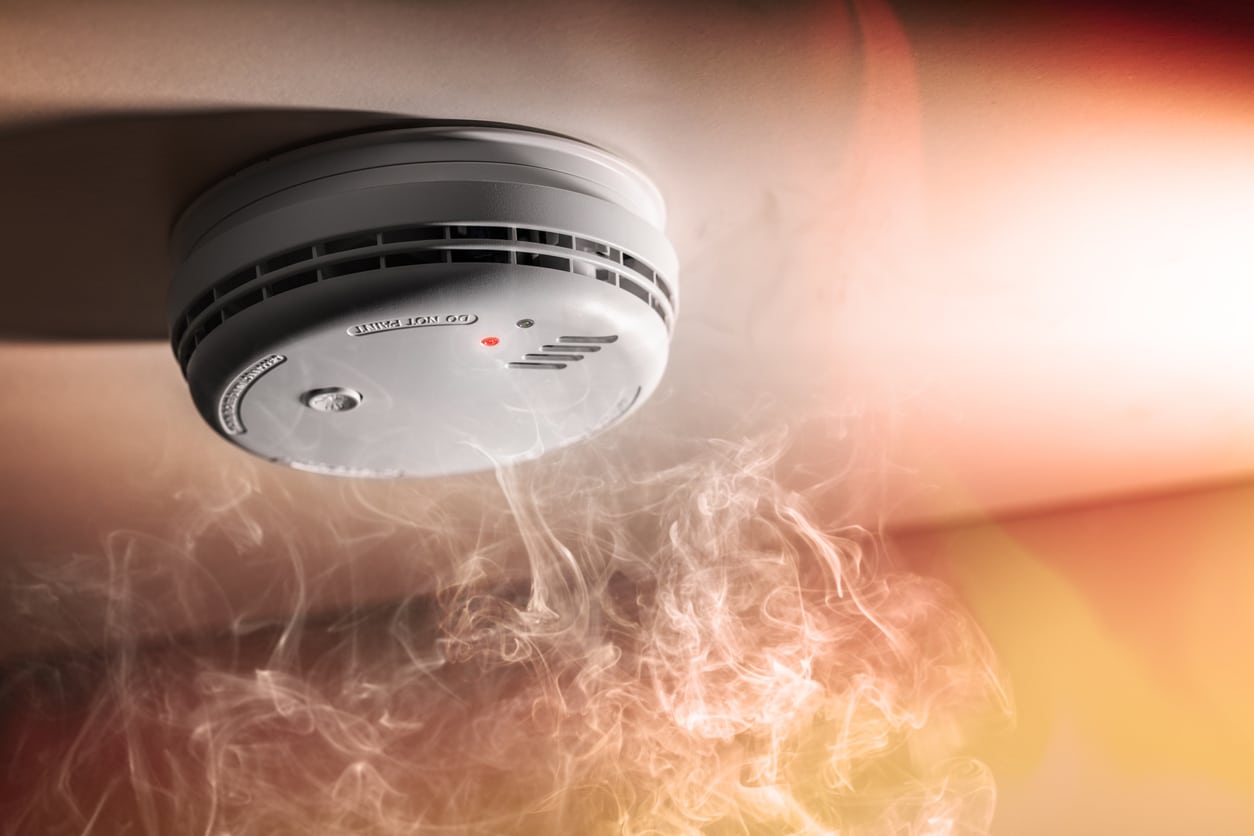
As autumn slips away, the season of cold-weather fires in residences approaches. It’s a grim seasonal fact of life, but December, January, and February are the peak months for house fires, according to the National Fire Protection Association (NFPA). Certain cold-weather fires and other related hazards are specifically related to home heating. Here are some potential threats related to home-heating systems and ways to reduce the risks of cold-weather fires.
Space Heaters
The NFPA reports that portable space heaters are the most common heating equipment implicated in house fires. These units are a factor in two out of every three cold-weather fires and play a role in more than 85% of deaths that occur in winter fires. To utilize space heaters safely, follow these recommendations:
- Give space heaters space. Place the units at least 3 feet away (on all sides) from anything that can be flammable.
- Don’t use extension cords. Common extension cords are not rated for the electrical current drawn by a typical space heater and may overheat, melt, and cause a fire.
- Plug only one space heater into each wall outlet at a time.
- Make sure space heaters incorporate safety features including tip-over switches to shut the unit off if it falls over, as well as overheat sensors that turn off the heater if unsafe temperatures are reached.
- Never leave space heaters running unattended. Shut them off before leaving a room.
Gas Furnace
Schedule annual preventative maintenance for your furnace. This service, provided by a qualified professional HVAC contractor, includes procedures to prevent cold-weather fires, including cleaning, heat exchanger inspection, furnace-flame analysis, checking the high-temperature limit switch and testing for carbon monoxide.
Fireplace
Have your chimney inspected and cleaned annually if you use the fireplace to augment home heating. Soot and other residue accumulating inside the chimney may ignite and spread fire into the house.
Detectors
Test all smoke detectors and carbon monoxide detectors at the outset of the winter season and continue monthly thereafter. Install fresh batteries in the units if required.
For all your HVAC needs, contact the professionals at Jackson & Sons.